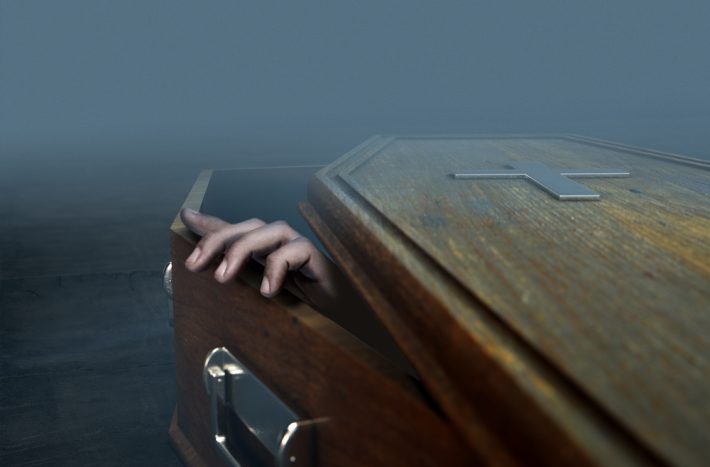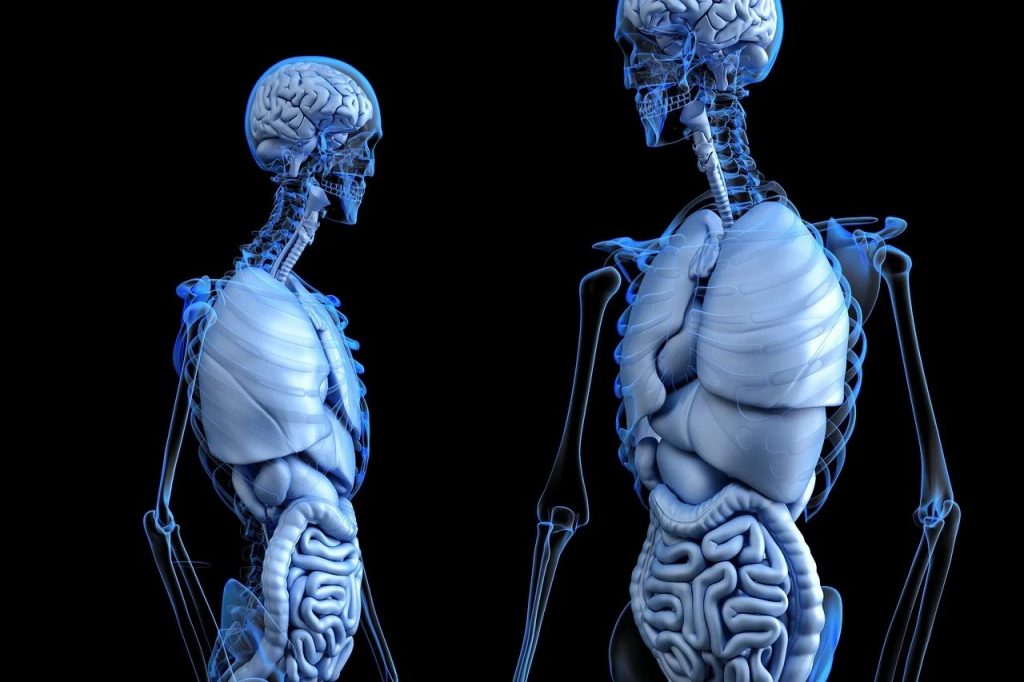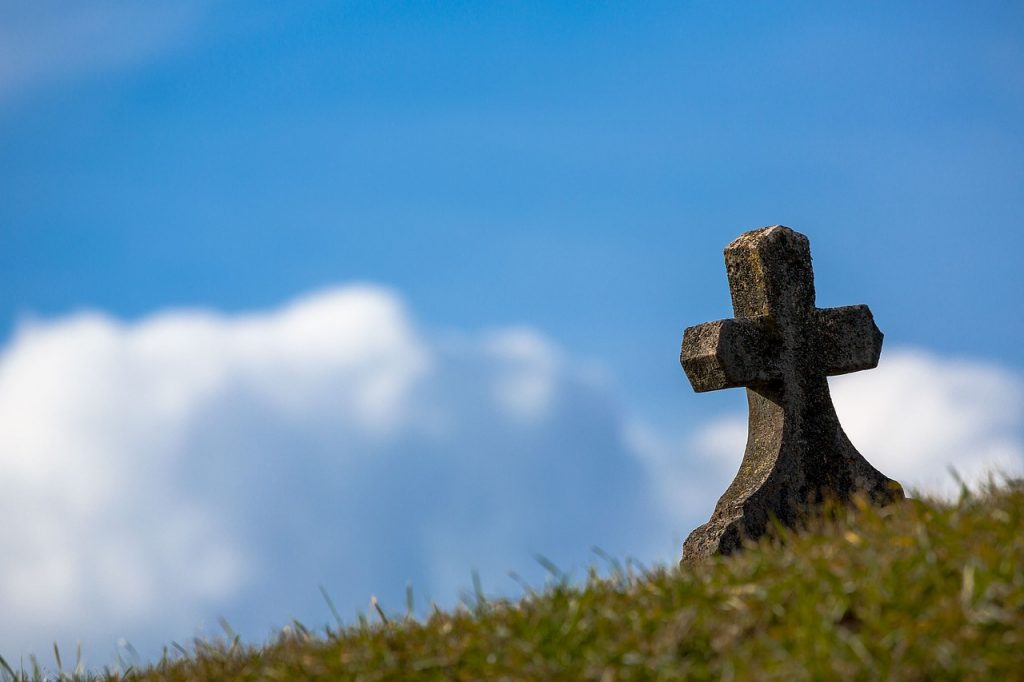Our brain is one of the first organs to decay after death. Most parts of the body gradually turn to liquid.
Just a few minutes after death, our brain begins to decompose, its cells break down and release water. Then the other organs follow, running out of energy to operate. During the night, the microbes get out of the gut and spread to the rest of the body. They also release toxic gases that cause a deadly odor and bloat our bodies. Most of the tissue will liquefy, but the outer skin may dry and mummify, the rest will look like liquid soap.
The complex decaying system of the organism
Our body is made up of 215 bones, several trillion microbes and about 37 trillion cells. And although death is the end of life as we know it, it is the moment the body embarks on another journey. It has quite a lot ahead of it. It certainly doesn’t take long for the body to begin to lose what makes a person human. As already mentioned, the brain is the first to go on a journey of decay. The stopping of the heart will shut off the blood flow that supplies the organs and tissues with crucial oxygen.
The results of decomposition are moist. Simply because 70% of all cells are water and without oxygen they will decay. The resulting liquid simply spills onto the floor of the coffin. Then at night, a much worse process begins because the immune system stops working. This means that the trillions of hungry microbes that the body was keeping at bay are no longer restrained by anything. So they go on the march and everything becomes food for them.
The body eats itself
The microorganisms that normally help us digest our food burrow their way out of the intestines, invade the brain and heart, reach the gallbladder and flood the body with yellow water. In two days, microbes are everywhere. They also secrete gases that cause bloating and body odor. After about 3 months, most of the tissues turn to dark mush. After a year, your cotton clothes will decompose as the acids and toxins dissolve them. Probably only nylon and other man-made fabrics can withstand their effects.
In the 50 years since his death, all the tissues have disappeared and liquefied. Leaving behind only mummified bones and tendons. They eventually dissolve, too, but it takes longer for the bones to crack, leaving only a solid mineral frame. But even that won’t last forever. After a hundred years, the last of your bones will crumble to dust in the coffin. Only the toughest part remains – your teeth. Teeth, a wax-like substance called cemetery wax, and a few nylon fibers.










